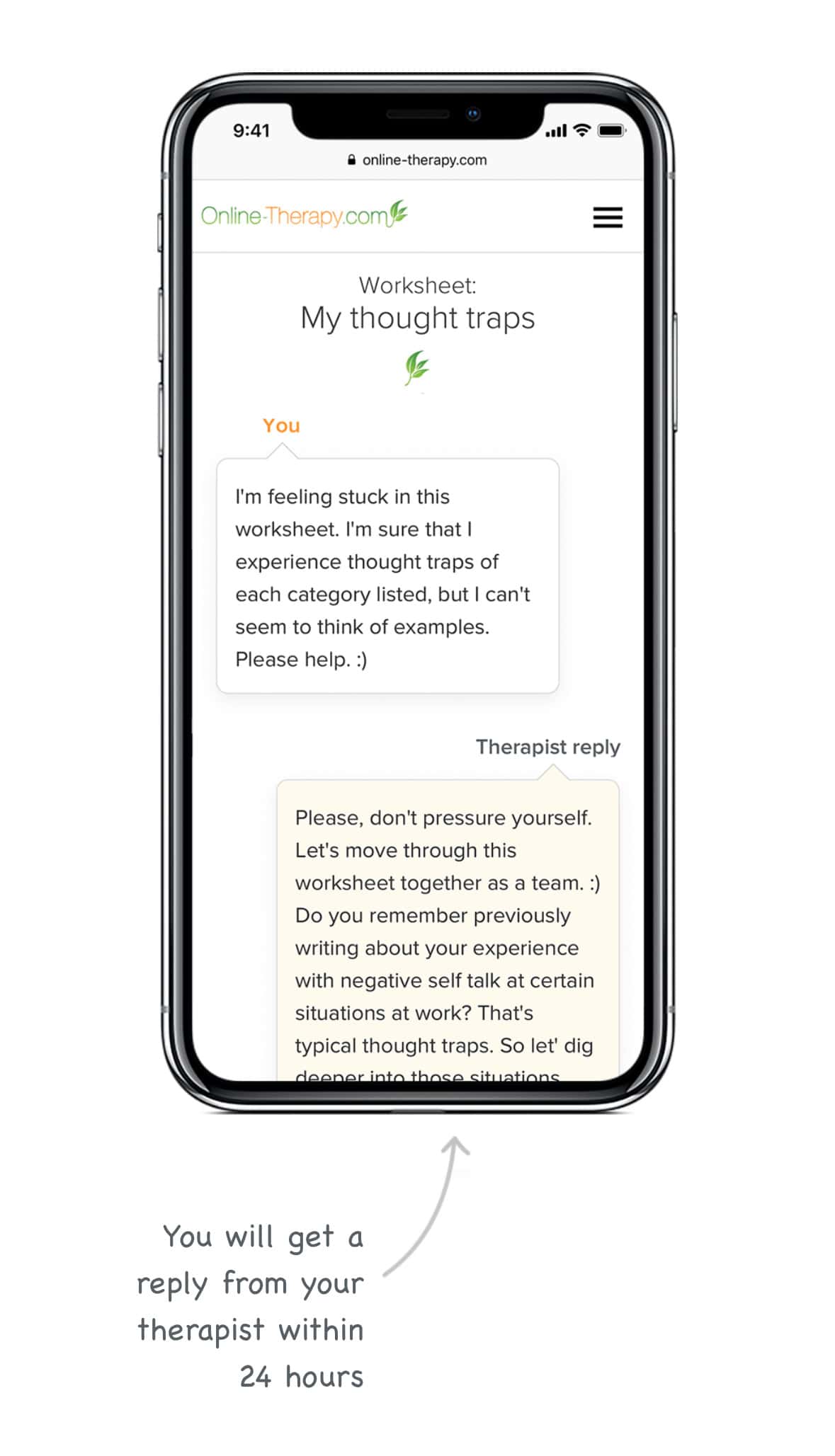Understanding OCD and ACT Therapy: A Path to Healing

Obsessive-Compulsive Disorder (OCD) is a challenging mental health condition that affects millions of people worldwide.
Characterized by intrusive thoughts (obsessions) and repetitive behaviors (compulsions), OCD can significantly impact an individual’s daily life and overall well-being.
Traditional treatments for OCD often include cognitive-behavioral therapy (CBT) and medication.
However, Acceptance and Commitment Therapy (ACT) has emerged as a promising alternative that offers a unique approach to managing OCD symptoms and other anxiety disorders.
In this article, we will explore how it’s possible for ACT effectively treat ocd and how online therapy platforms like Online-Therapy.com can provide accessible and effective treatment.
What is OCD?
Obsessive-Compulsive Disorder (OCD) is a mental health condition characterized by:
Obsessions: Persistent, unwanted thoughts, images, or urges that cause significant anxiety or distress.
Compulsions: Repetitive behaviors or mental acts that an individual feels compelled to perform in response to an obsession or according to rigid rules.
Common obsessions include fears of contamination, harm, or symmetry, while common compulsions involve excessive cleaning, checking, or counting. OCD can interfere with daily activities, relationships, and overall quality of life.
Traditional Approaches to Treating OCD
The most common treatments for OCD include:
Cognitive-Behavioral Therapy (CBT): Specifically, Exposure and Response Prevention (ERP) is a form of CBT that helps individuals confront their obsessions without engaging in compulsive behaviors.
Medication: Selective serotonin reuptake inhibitors (SSRIs) are commonly prescribed to help reduce OCD symptoms.
While these treatments can be effective, they may not work for everyone. Some individuals may experience only partial relief, and others may struggle with the side effects of medication.
This is where Acceptance and Commitment Therapy (ACT) comes into play by providing psychological flexibility.
What is Acceptance and Commitment Therapy (ACT)?
ACT is a form of psychotherapy that combines acceptance and mindfulness strategies with commitment and behavior-change strategies.
The goal of ACT is to help individuals live a meaningful life while managing the inevitable pain and suffering that comes with it.
Unlike traditional CBT, which focuses on changing thoughts and behaviors, ACT therapy techniques emphasize accepting one’s thoughts, feelings, associated anxiety and committing to actions that align with personal values.
ACT Therapy Techniques Applied to OCD focuses on separating a person’s thoughts from their beliefs about themselves as a person.
The Principles of ACT
ACT teaches six core principles:
Cognitive Defusion: Learning to see thoughts as thoughts, rather than literal truths. This helps reduce the power of negative or intrusive thoughts.
Acceptance: Allowing thoughts and feelings to come and go without struggling against them. This reduces the impact of negative emotions.
Contact with the Present Moment: Being mindful of the present moment rather than dwelling on the past or worrying about the future.
Observing the Self: Developing a sense of self that is separate from one’s thoughts and feelings.
Values: Identifying what is truly important and meaningful in life.
Committed Action: Taking action guided by values, even in the face of difficult thoughts and feelings.
How ACT Helps with OCD

OCD ACT therapy can be particularly effective for OCD treatment because it addresses the underlying mechanisms of the disorder:
Cognitive Defusion and Acceptance
By learning to see obsessive thoughts as just thoughts and accepting them without trying to control or eliminate them, individuals can reduce the distress associated with these thoughts.
Mindfulness and Present Moment Awareness
Practicing mindfulness helps individuals stay grounded in the present moment, reducing the tendency to get caught up in obsessive thinking.
Values and Committed Action
Focusing on personal values and taking action based on those values helps individuals move away from compulsive behaviors and towards a more fulfilling life.
The Benefits of Online ACT Therapy for OCD
Online therapy platforms like Online-Therapy.com offer several advantages for individuals seeking ACT therapy for OCD:
Accessibility: Online therapy eliminates barriers such as geographical location, transportation, and scheduling conflicts, making it easier for individuals to access care.
Convenience: Therapy can be conducted from the comfort of one’s home, providing a safe and familiar environment for discussing sensitive topics.
Flexibility: Online platforms often offer flexible scheduling options, allowing individuals to fit therapy sessions into their busy lives.
Anonymity: For those who may feel uncomfortable seeking in-person therapy, online therapy provides a level of anonymity that can reduce stigma and encourage openness.
Continuous Support: Many online therapy platforms offer additional resources such as worksheets, exercises, and therapist support between sessions, providing continuous support on the journey to recovery.
How Online-Therapy.com Can Help

Online-Therapy.com is a comprehensive online therapy platform that offers a range of services to help individuals manage OCD through ACT therapy.
Here are some features that make it an excellent choice for those seeking help:
Qualified Therapists
Online-Therapy.com connects individuals with licensed ACT therapist(s) who are trained in ACT and experienced in treating OCD. This ensures high-quality care tailored to the specific needs of each client.
Personalized Treatment Plans
The platform provides customized treatment plans based on an individual’s unique symptoms and goals. This personalized approach enhances the effectiveness of therapy.
Interactive Tools
Online-Therapy.com offers a variety of interactive tools, including worksheets, journals, and activity plans, to support individuals in their therapeutic journey.
These tools help reinforce the principles of ACT and facilitate progress between sessions.
Regular Monitoring
Clients receive regular check-ins and progress assessments to ensure they are on track and to make any necessary adjustments to the treatment plan.
This ongoing support helps maintain motivation and accountability.
Cost-Effective
Online therapy is often more affordable than traditional in-person therapy, making it accessible to a wider range of individuals.
Taking the First Step
If you or a loved one is struggling with OCD, taking the first step towards treatment can be daunting.
However, seeking help through ACT therapy on Online-Therapy.com can provide the support and tools needed to manage OCD effectively.
By focusing on acceptance, mindfulness, and committed action, individuals can learn to live a meaningful life despite their OCD symptoms.





